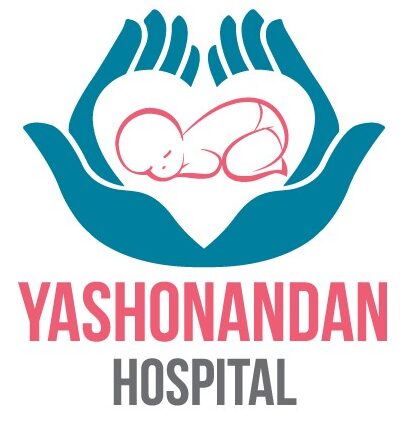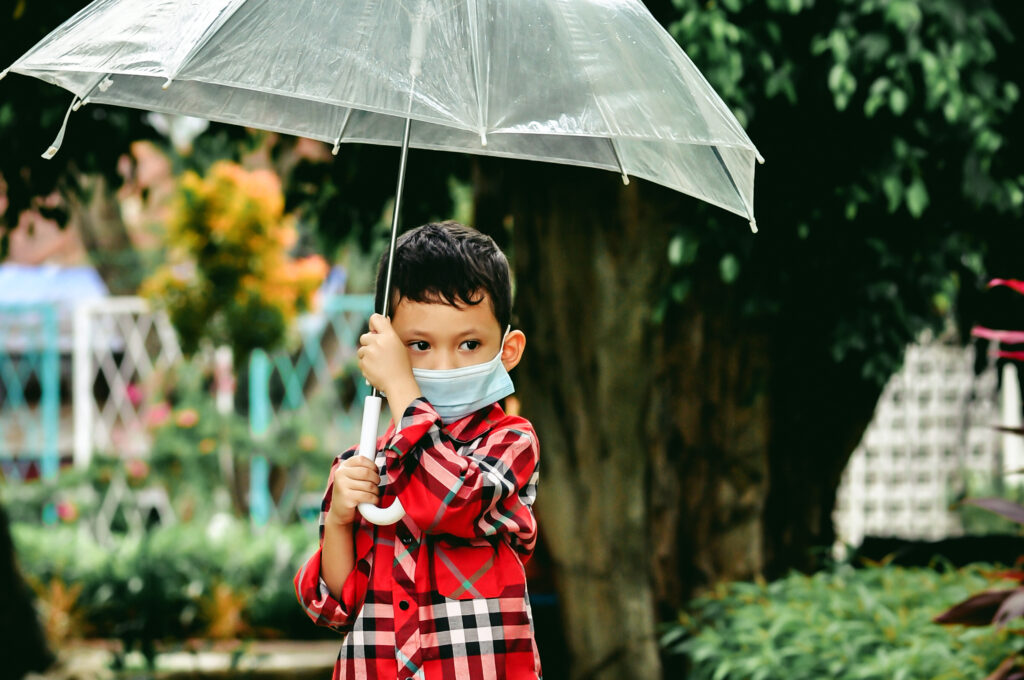Introduction to Monsoon Related Illness in Children
Monsoon illness in children is a common concern for parents during the rainy season. The wet weather can bring many health risks for kids. Because of increased humidity and waterlogging, germs spread easily. As a result, children may fall sick more often. It is important to know about monsoon diseases prevention for kids. This helps protect your child’s health during the rainy season. According to the World Health Organization (WHO), waterborne and mosquito-borne diseases rise during monsoon months.
Common Symptoms of Monsoon Illnesses in Kids
Children may show different signs when they get sick during the monsoon. Early detection helps in quick treatment. Watch for these common symptoms:
However, some symptoms may be mild. Others can become serious if not treated early. Therefore, always monitor your child closely during the rainy season.
Causes and Risk Factors During the Monsoon Season
Monsoon brings heavy rains and standing water. This creates a perfect environment for germs to grow. Here are some main causes and risk factors:
Because children have weaker immune systems, they are more likely to get sick. So, extra care is needed during this time.
Diagnosis and When to Seek Medical Help
Early diagnosis is key to quick recovery. If your child shows any symptoms, observe them closely. But if symptoms last more than two days, see a doctor. Seek medical help right away if your child:
Doctors may suggest blood tests or stool tests to find the cause. Quick action can prevent serious problems.
Treatment Options and Home Care Tips
Treatment depends on the illness. For most viral infections, rest and fluids help. Doctors may give medicines for fever or pain. For bacterial infections, antibiotics may be needed. Here are some home care tips:
But always follow your doctor’s advice for medicines and care.
Prevention Strategies for Parents and Caregivers
Prevention is better than cure, especially during the monsoon. Parents and caregivers can take simple steps to keep children safe. Some effective strategies include:
With these steps, you can lower the risk of monsoon illness in children.
Lifestyle and Hygiene Guidance During the Monsoon
Good hygiene and healthy habits help protect child health in the rainy season. Here are some tips:
Because prevention is key, these habits can make a big difference.
Conclusion
Monsoon related illness in children can be managed with early care and prevention. But if your child shows any worrying symptoms, do not wait. Consult expert pediatrician at Yashonandan Hospital for personalized advice on monsoon related illness in children.

